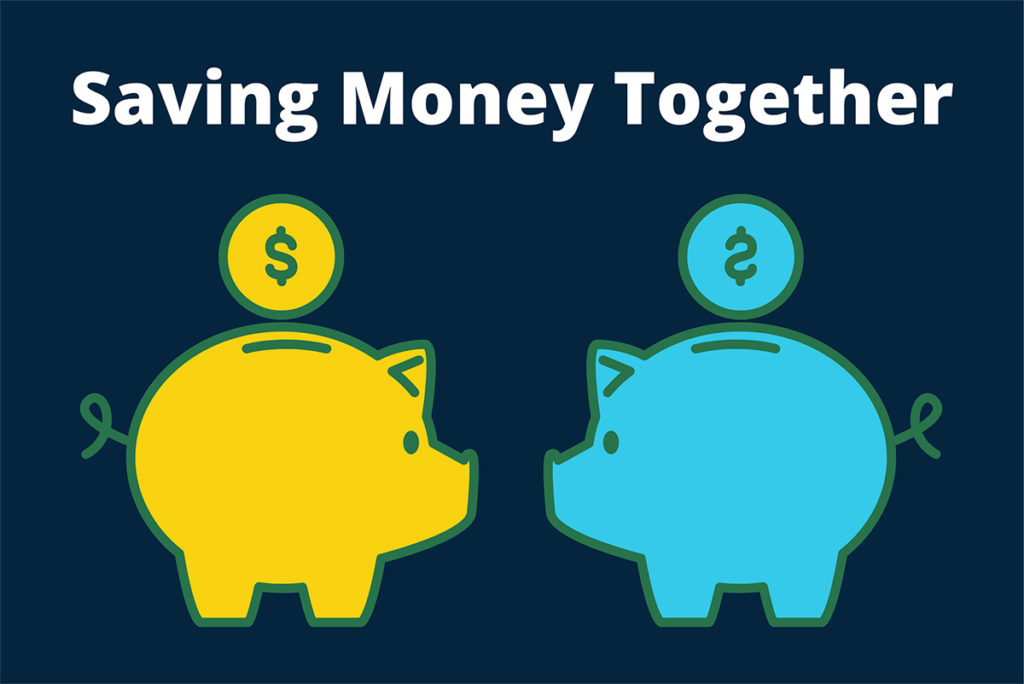Competitive Saving
Whether it is a business deal, a board game, a basketball game, or who can make the best bowl of chili, competition drives us to do more than we would alone. When it comes to getting your finances in shape, competition can help here as well. When you find yourself in a financial pinch or just need an extra push to reach a financial goal, try challenging someone to a save-off. It could be a friend, a family member, a coworker, or even your spouse.
You can choose to measure the highest amount of money saved, a percentage of after-tax income, or a relative spending decline. How the competition is structured is entirely up to you. The goal is to create accountability and a little bit of fun in an otherwise grueling situation. Just remember, as you get creative with your money-saving, get creative with the prize too. Maybe the winner receives a home-cooked meal or a homemade trophy. Have fun, and save money, together.
Weekly Financial Resolutions
As stated in the prior point, saving money in a community can help keep you accountable and focused on your financial goals. Another great way to involve your friends and family is by implementing weekly financial resolutions. Pick a handful of family or friends and take turns each week choosing what the financial focus will be. For example, one week, a group member may decide that no one can eat out that week. Another week, the group may have to find one place where they can invest some of their money. The goal is to talk about and help each other make positive financial decisions. When you have a supportive community, you are much more likely to reach your financial goals.
Value Spending
If someone asked you, would you rather own a house or get a free meal every day for a year, what would you say? The house, right?! You get an appreciating asset, shelter, and space for all your family. The free meals would be nice, but they are fleeting. Why, then, do we allow small purchases like eating out once a day keep us from reaching our financial goals? The main reason is we forget the value of our money. $15 can buy you a nice meal out that will leave you hungry in a few hours. Whereas that same $15, when saved, can go toward a much more fulfilling purchase like a house.
So how do you stay focused on your financial goals? You can start by tracking your spending, making your goal the home screen on your phone, and learning to say no. Saying no is hard, but when you remember what it is for, saying no becomes much easier. So, remember that your money has value, no matter the amount, and it can either help you reach your goals or keep you from them.
Avoid Lifestyle Inflation
What is the first thing you want to do when you get a raise? Spend it, right? Wrong! The term lifestyle inflation refers to when an individual increases their spending as their income increases. While you may get more stuff, you are stuck in the same financial situation you were in pre-raise. The key to accumulating wealth is spending less than you earn, especially when you begin to make more money.
When you receive an unexpected raise, the best thing to do is live at the same level you did before and divert that money into savings. This way, you can achieve your financial goals faster. However, if you want to treat yourself, choose a specific amount (i.e., 15%) to spend just on fun, then save the rest.
Keep A List Of Your Spending Regrets
We all have something we regret buying. It could be that massive jar of cheeseballs you got when you were hungry and picking up groceries or a leather jacket you got on vacation. The best way to limit these impulsive or regrettable items is to list them and carry them around with you when shopping. They can be a powerful reminder of why it is best to walk away.
It is also helpful to pinpoint why you bought the items in the first place. Were you emotional, hungry, or aspiring to be something you are not? Knowing when and why you purchased an item will help you avoid making a similar purchase in the future. Remember, you are much more likely to regret the things you buy than the ones you don’t. So, walk away, and give yourself time to ponder your purchase because money has value, and you don’t want to squander it on something you will regret.


